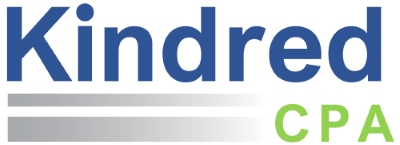It's no secret that the government observes different holidays than many of us. Furthermore, the IRS observes holidays applicable to the District of Columbia, which…
 If you watch TV commercials, you may have noticed a lot of recent ads promoting payroll tax refunds available to employers through the Employee Retention Credit (ERC). The ERC was part of pandemic relief programs available to businesses who were shut down due to the COVID-19 pandemic or had a significant decline in gross receipts during the eligibility period. However, that eligibility period ran from March 13, 2020 through December 31, 2021 and expired more than a full year ago.
If you watch TV commercials, you may have noticed a lot of recent ads promoting payroll tax refunds available to employers through the Employee Retention Credit (ERC). The ERC was part of pandemic relief programs available to businesses who were shut down due to the COVID-19 pandemic or had a significant decline in gross receipts during the eligibility period. However, that eligibility period ran from March 13, 2020 through December 31, 2021 and expired more than a full year ago.
Third party promoters of the ERC often don’t accurately explain eligibility for and computation of the credit. They may make broad arguments suggesting that all employers are eligible, without evaluating an employer’s individual circumstances. They also don’t inform employers that the ERC cannot be claimed for wages that were reported as payroll costs in obtaining Paycheck Protection Program loan forgiveness.
In some cases, some of these advertisements exist solely to collect the taxpayer’s personally identifiable information, which is then used to conduct identity theft.
So don’t be misled by empty promises of inflated tax credits. The IRS Small Business/Self-Employed Division has trained auditors examining these types of claims, and the IRS Criminal Investigation unit is on the lookout for promoters of fraudulent claims for tax credits. The fraudulent ERC scheme is so prevalent that the IRS listed it as #1 on its “Dirty Dozen” tax scams for this season.
“Anyone who’s considering claiming [the ERC] needs to carefully review the guidelines,” said Daniel Lauer, IRS Director of the Small Business/Self-Employed Examination – Specialty group at the American Payroll Association’s Capital Summit.


